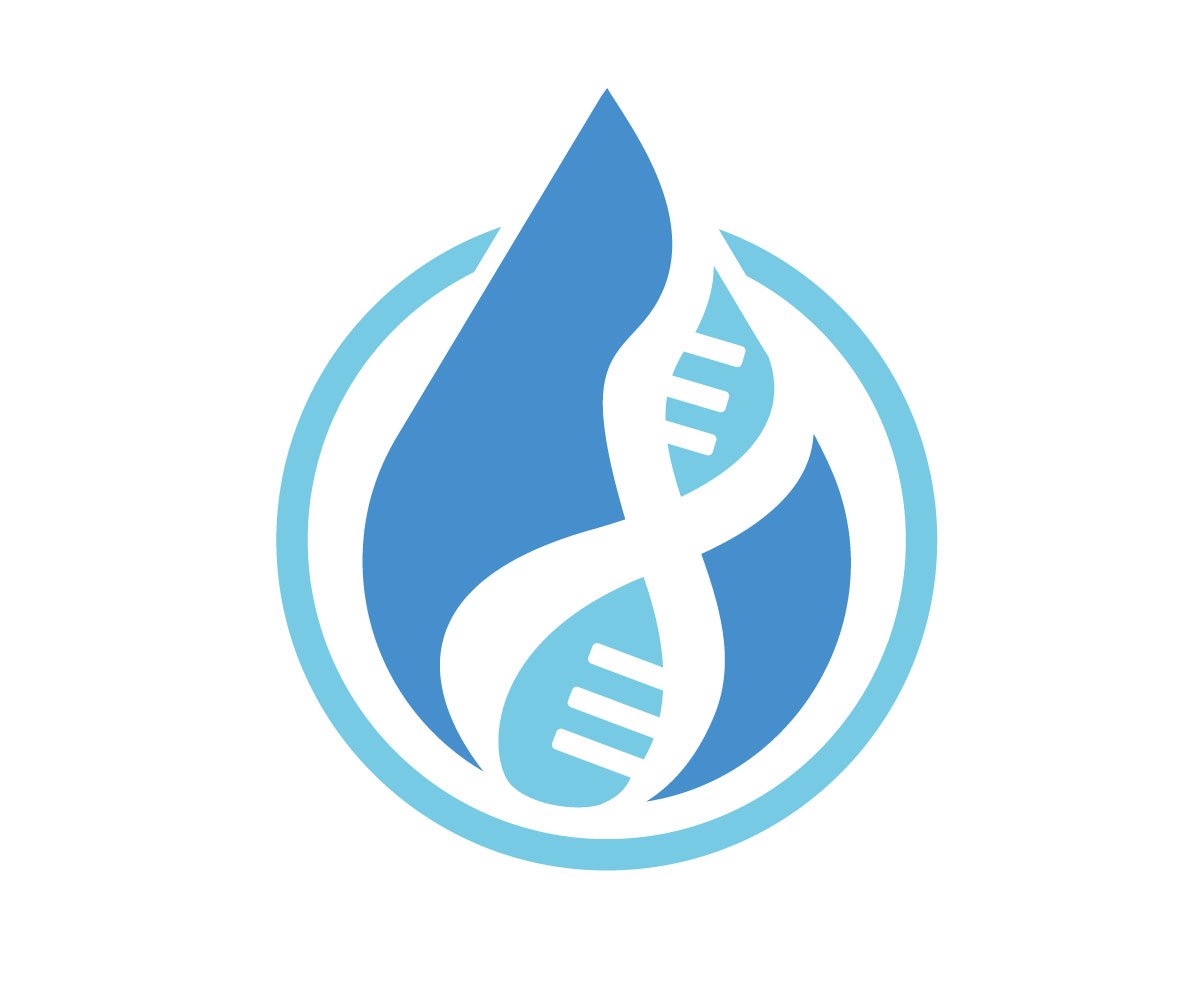“The Lost Family” Gets to the Core Issues at Hand With DNA Testing and Family Secrets
The first book of its genre to cover the pressing topic of DNA tests and the end of family secrets, Copeland’s The Lost Family provides an overview of the current DNA test landscape and a short history of how it came to be this way.
It also provides an in-depth commentary on the sculpting of a new definition of “family” starting in 2020 and the years that will come. Recounting the journey of one determined woman named Alice on her search for answers to an unexpected family mystery, Copeland covers the DNA topic in a way that is both clear and relevant to readers. Even those for whom DNA tests are not a common reason for thought or discussion, the application to their life is clear by the end: even if you aren’t directly affected by an unexpected DNA discovery, someone close to you will be. It’s only a matter of time.
As a genetic counselor who spoke with the author, who is quoted in the book, and whose daily work focuses on the individuals and families affected by the topics Copeland covers, you can consider me biased. But know that as I read The Lost Family for the first time, I kept thinking to myself, “This is brilliant writing. How did she do this? Why haven’t I ever been able to explain things this way!?”
Those who are unfamiliar with the current application of DNA in the realms of genealogy, health, and criminal investigations will have a better understanding by the end. As a person who thinks about these topics a lot, I found it to be easy to follow and hard to put down, even though I already knew how the story of Alice and her family surprise would end.
Copeland’s natural talent for the written word —and her desire to take a deep dive into a complex topic and do justice in her coverage of all sides—shines through. Her past experience as a journalist is evident with the clever ways Copeland breaks down and explains concepts that are nuanced (how genotyping works, the significance of ROH, and the inner workings of investigative genetic genealogy, to name just a few). Not everyone writer is able to find their way to the core issues and wrestle with the different conflicting perspectives when family dynamics and shifting knowledge and balances of power. These made Copeland the perfect person to take a bite into this topic.
Below you will find a link to all of the major book reviews I have seen over the past week.
(Note that some of these articles linked below are on sites requiring a subscription. For some, you might be able to sign up for an account but not have to pay to read the article.)
Click here to get your copy or seek out a copy at your local library (put in a request if they do not carry it yet).

